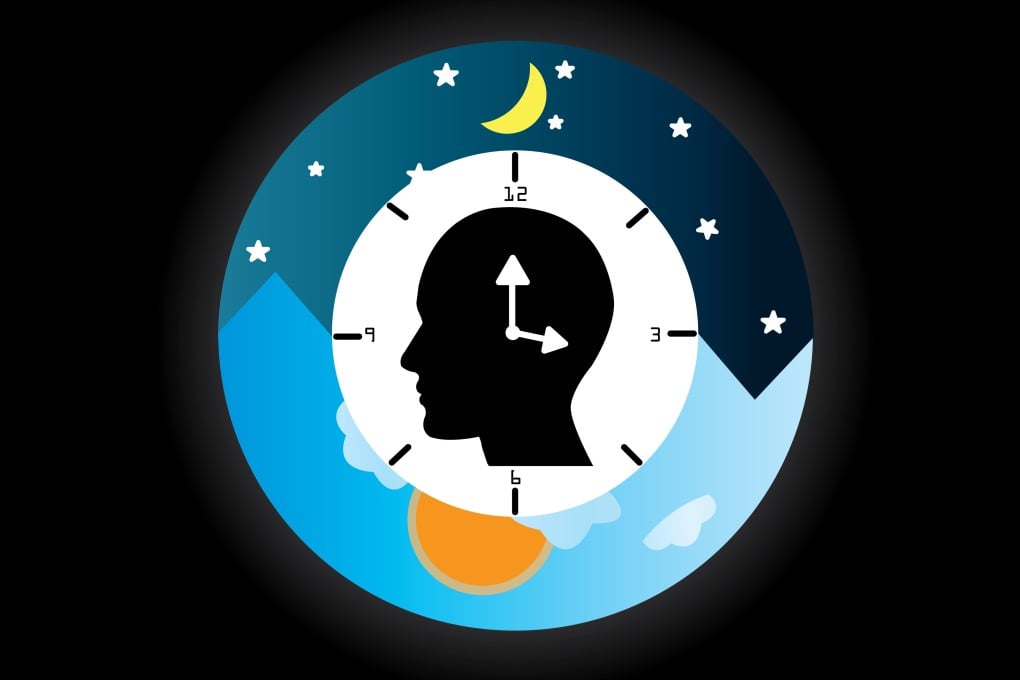Circadian rhythm isn’t just about sleep – it affects our immune system, metabolism, fertility and more, doctors explain
- Let your body clock get out of whack and it isn’t only your sleep that’s disrupted, but also your digestion, and your immunity to diseases such as cancer
- Technology is to blame for this disruption, with light from mobile phones and televisions tricking our brains into staying awake, but it’s also the solution

These are tiring times. Just look at how excited people are to sleep. We have never been more focused on it nor so willing to spend money to ensure a good night’s sleep.
The global sleep market now surpasses US$432 billion, and is set to hit $585 billion by 2024 – spent on everything from mattresses and sleep aids to technology that tracks your sleep and apps designed to help you sleep.
Magazines and wellness journals overflow with articles about how vital sleep is to everything from health and cognition to productivity and fitness.
Still, all the attention we’re paying to sleep and the money we’re spending does not seem to be doing us much good. On average, one in three people say that they sleep badly, with one in 10 reporting they suffer from chronic insomnia.

While we struggle to find the answer to perfect sleep, scientists say we may be asking the wrong question in the first place.
All those articles touting the importance of sleep are not wrong. It’s just that by focusing on sleep so single-mindedly we might be missing the big picture, and neglecting a cycle that is fundamental to almost all aspects of our health and well-being, including sleep: our circadian biology.
